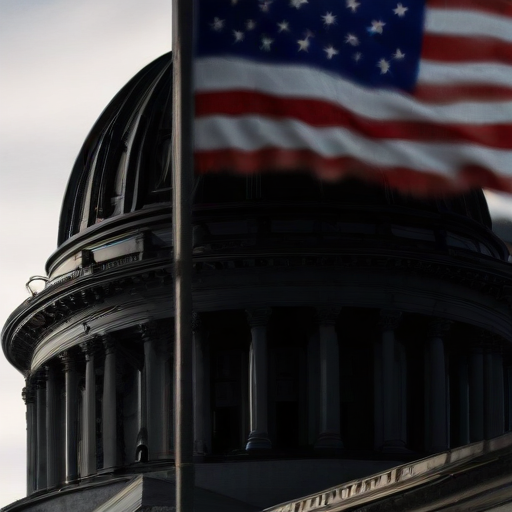President-elect Donald Trump has announced John Ratcliffe as his nominee for the position of CIA director in the upcoming administration. Previously, Ratcliffe served as the director of national intelligence during Trump’s first term. Trump expressed his confidence in Ratcliffe’s abilities, stating that he will be a staunch defender of Americans’ Constitutional rights while maintaining high national security standards.
Ratcliffe, who represented Texas’ 4th District from 2015 to 2020, was initially a contentious choice for director of national intelligence due to his controversial background and earlier failed nomination attempt in 2019. He had previously served as a federal prosecutor and claimed to have worked on terrorism cases, although investigations found no substantial evidence to support these assertions.
Despite these controversies, Ratcliffe was successfully confirmed for the intelligence position in 2020 by a Republican-controlled Senate. Observers indicate that he is likely to face little resistance in his confirmation as CIA director due to the current political landscape.
Former intelligence professionals describe Ratcliffe as a more collaborative figure compared to some other nominees, but there is uncertainty about his willingness to resist the potential politicization of the intelligence community, especially given Trump’s stated intent to eliminate perceived “rogue” elements within the federal government. Ratcliffe has been vocally supportive of Trump’s actions, including stripping former CIA Director John Brennan of his security clearance, amidst ongoing tensions between the Trump administration and intelligence agencies.
Critics express concern that the Trump administration’s fixation on loyalty and targeting federal staff for perceived disloyalty could undermine the effectiveness of the intelligence agencies. Furthermore, there are ongoing worries about whether the administration will prioritize objective intelligence over political narratives.
In summary, Ratcliffe’s appointment marks a continuation of Trump’s emphasis on aligning intelligence agencies with political objectives. However, it’s hoped that he will also bring a measured approach that balances political concerns with the crucial need for non-partisan intelligence work to protect national security. As the political landscape evolves, the role of intelligence agencies remains critical, and the hope is that they can operate effectively regardless of political affiliations.
